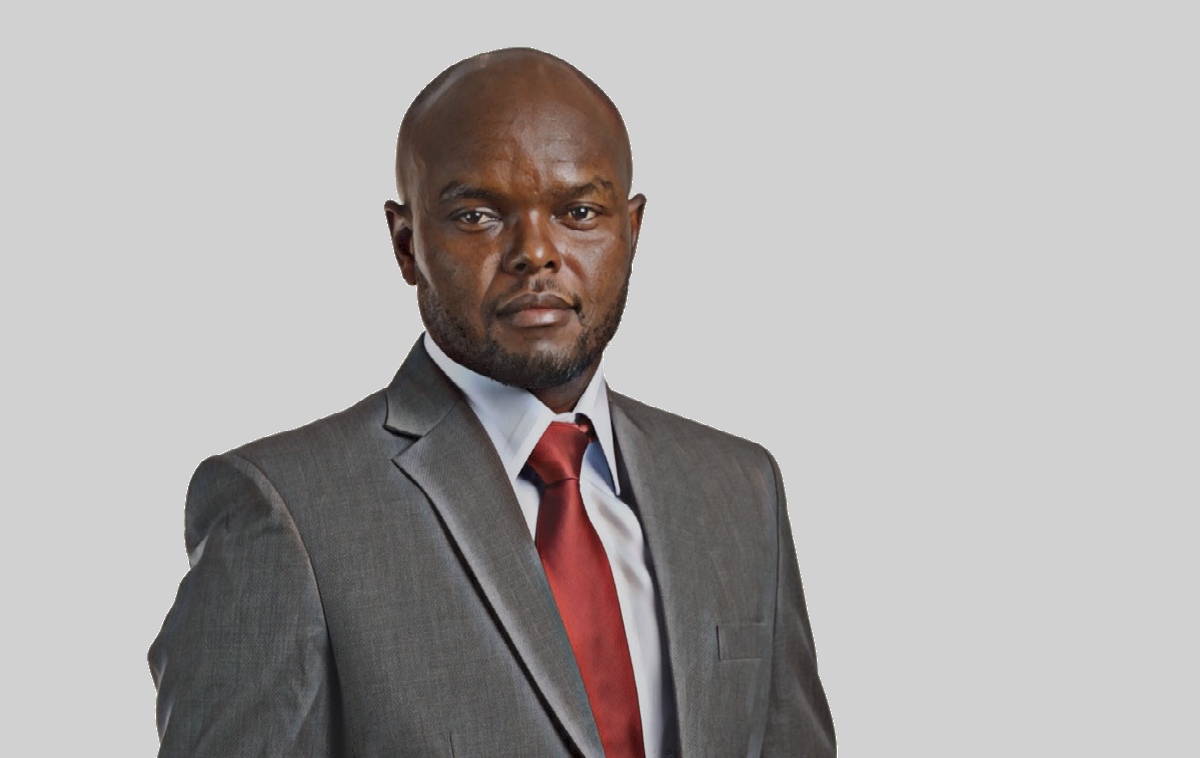Africa urged to take control of its AI sovereignty

Africa must take control of its artificial intelligence (AI) sovereignty by actively shaping AI frameworks and implementing ethical solutions customised to the continent's unique needs.
That is according to Dr Mark Nasila, chief data and analytics officer at FNB Risk, who spoke at the SingularityU South Africa Summit 2024 in Johannesburg.
In an urgent call to action, he implored Africans to embrace an AI-powered future.
Nasila spoke at the summit on "Africa's AI Sovereignty: Unleashing the Potential for Home-Grown Innovation and Self-Reliance."
He highlighted the rising concern about the uneven distribution of AI progress, with North America and China already accounting for 70% of the expected value of US$16 trillion.
Nasila proposed that Africa should contribute to global frameworks for AI development and adoption, rather than passively accepting frameworks produced elsewhere.
He argues that Africa should only adopt responsible and ethical AI frameworks that are relevant and applicable to African circumstances.
In addition, Nasila presented the concept of "AI factories," which are decentralised hubs of innovation that can drive the development of intelligent products and services adapted to Africa's specific needs.
This is expected to enable Africa to participate in the AI value chain beyond simply consuming products and services, allowing the continent to industrialise and become self-sufficient.
Nasila also asked African governments to boost the AI business by supporting and incentivising start-ups around the continent.
He said: “We have an opportunity to put our minds together so that we can redirect the future of AI, so that we don't end up being so dependent, so that our national priorities can contribute to the global frameworks.”